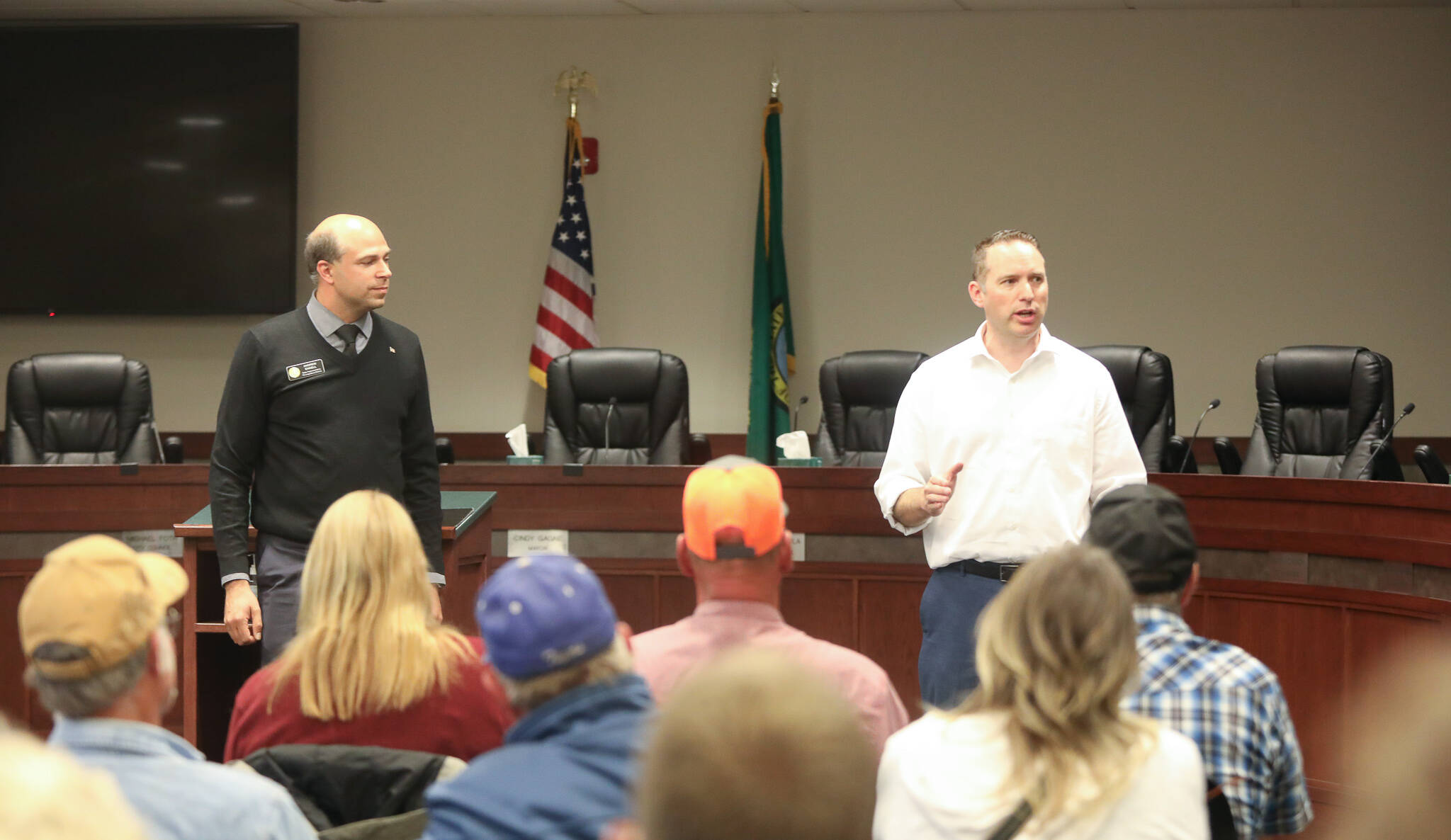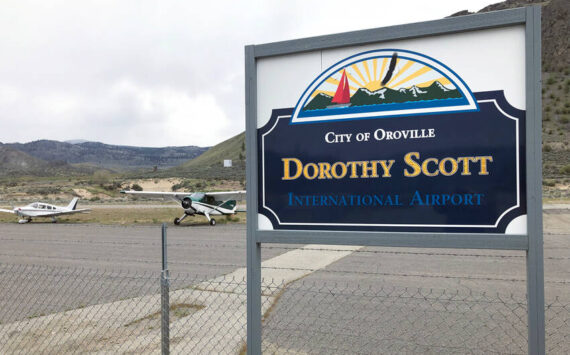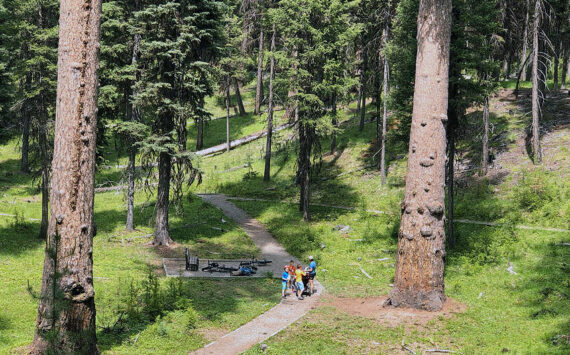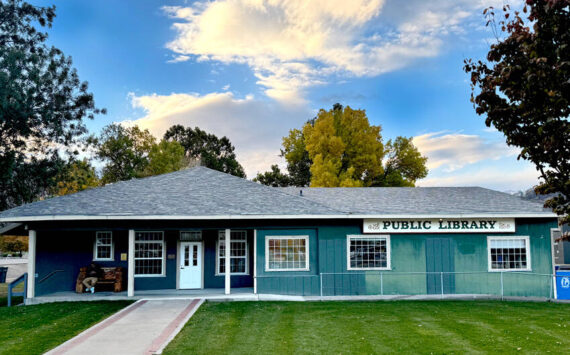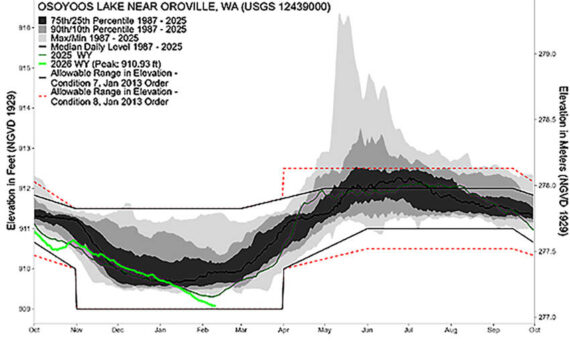Lawmakers reflect on recent legislative session
Following a recent Town Hall meeting in Omak, District 7 Representatives sat down to discuss the outcomes of the latest legislative session and the challenges and priorities facing Okanogan County and the region. The following Q&A highlights their key accomplishments, ongoing concerns, and legislative goals for the future.
Rep. Hunter Abell
Q. Looking back on the most recent legislative session, what do you consider the key accomplishments, and what priorities do you hope to advance in upcoming sessions?
Despite an overall disappointing session, there were several key accomplishments. These include House passage of the “Jim Judd Memorial Act of 2025” which dealt with veterans issues. Although the bill ultimately did not pass in the Senate, I plan to introduce it again in the upcoming short session. We also were successful in killing the wealth tax and the initial proposal for the property tax increase. Finally, we were successful in defeating some anti-Second Amendment bills, including a proposed 11 percent increase in the sales tax on ammunition and a ban on firearms in certain public places. In upcoming sessions, I hope to continue my efforts to reform and strengthen the judiciary, enhance law enforcement, promote and support our rural way of life, and strengthen our agriculture and timber industries. Specifically, I hope to re-introduce legislation designed to increase resources for hiring law enforcement officers. Also, I plan to offer additional legislation on the ongoing challenges surrounding wolves in northeast Washington.
Q. What do you see as the most pressing issues currently facing Okanogan County and District 7 overall, and how do these compare to the major challenges at the state level?
I believe there are two competing issues that rank among the most pressing for Okanogan County and the 7th district: cost of living and challenges for our agriculture and timber industries. Cost of living continues to be a huge issue throughout the entire state. Unfortunately, the massive tax increases enacted by Democrats this session will substantially exacerbate the issue. Moreover, I am gravely concerned regarding ongoing challenges for our agriculture and timber industries, including the closing of family operations, high costs of equipment and fuel and burdensome rules and regulations that inhibit (rather than encourage) successful operations. The cost of living issue impacts the entire state, whereas the challenges for agriculture and timber impact primarily rural areas, such as our district.
Rep. Andrew Engell
Q. Looking back on the most recent legislative session, what do you consider the key accomplishments and what priorities do you hope to advance in upcoming sessions?
Key accomplishments: Group B Water bill, getting my first bill passed and signed by the governor felt great! And it is a bill that will help people in rural areas who often share wells to save time and money when building homes. This legislation allows counties to eliminate the requirement that small water systems known as Group B systems be owned or operated by a contractor known as a Satellite Management Agency. This requirement has made it very difficult and expensive for many to get approved to share wells and it is great to reduce regulations of these systems.
5165, Establishing 20 percent of deer and elk damage funding be reserved for rural frontier counties like Okanogan. Skagit County farmers were regularly using all the funds before farmers in Eastern Washington were able to access them.
5343 Establishing stable funding for Northeast Washington for a wolf conflict specialist. This protects Jeff Flood who has held the position under a budget proviso for the past several years. Jeff has been incredibly helpful to ranchers and homeowners struggling with predators.
2049 We killed the property tax increase in this bill. It would have tripled the growth rate of property taxes without a vote of the people. As amended it could still result in increased property taxes, but only in property rich school districts and the voters will have to approve the increases.
Priorities are: Housing. Find legislation that I can get bipartisan support for to improve rural housing opportunities. The rural housing ideas I brought forward this year were shot down by Futurewise, a powerful lobby organization that seems to want everyone to live near a bus stop in the cities. Unfortunately, it seems like as long as the Democrats hold the power I will have to find solutions that this lobby organization can support. I did get a commitment from the Futurewise lobbyist that he will spend two days in the 7th District this summer traveling, talking with people and considering options that they may be able to support. We shall see if he follows through. Wildfire. We need to find solutions to the growing number of insurance cancellations people are getting in rural areas. HB1539 created a work group to bring people together on this issue to try to find ways to make rural fire prone areas more resilient and improve insurance options and I’m hoping to get a seat on that group. Healthcare. Rural healthcare is struggling in many ways. I’ll be working over the next several months to identify regulatory reforms that would protect healthcare quality while working to make things more efficient, affordable, and accessible. Ambulances in particular are in trouble with multiple EMS agencies on the verge of closing their doors, finding solutions for them is critical and time sensitive.
Q. What do you see as the most pressing issues currently facing Okanogan County and District 7 overall and how do these compare to the major challenges at the state level?
Wildfire resiliency and access to insurance. Agriculture is struggling, particularly some of the orchards. Without better markets improving their revenue or government subsidies farmers will need regulatory reforms to bring down costs or some Okanogan farms may not survive. Housing is in short supply everywhere in the state, however in rural areas like most of Okanogan County the solutions look different and most of the work done this year will make little if any difference. We need to bring down land use and building regulations to allow more construction of homes for families. All of these issues are significantly different in rural areas than along the I-5 corridor where most of the legislators live. A lot of my job is to make a compelling case to the other more urban legislators and help them understand the different needs we have to these issues and the different solutions needed to deal with them.
The Representatives emphasized their commitment to advocating for rural interests and pledged to continue working on solutions that reflect the unique needs of Okanogan County and the District.
